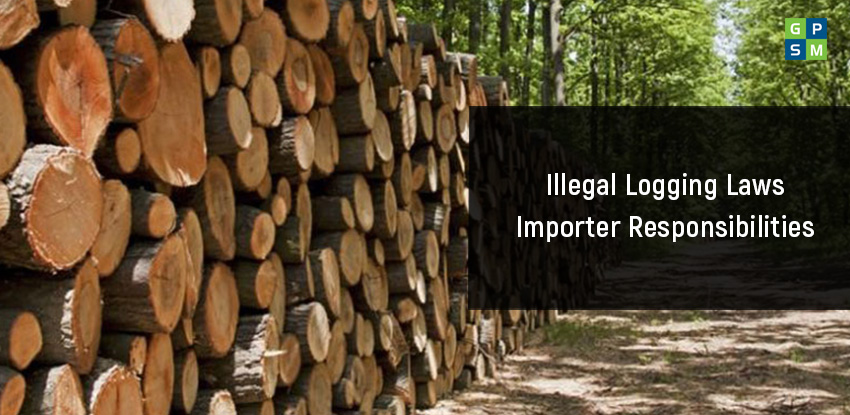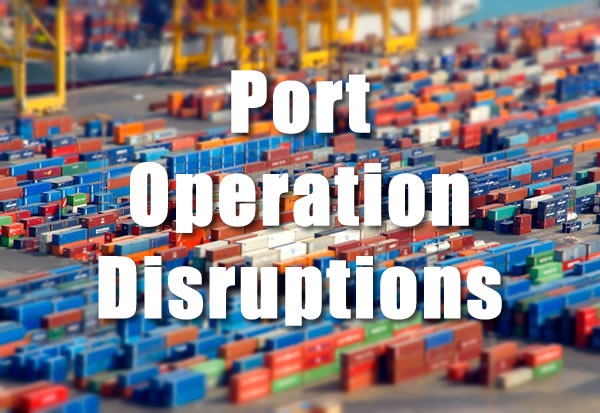Foot and Mouth Disease (FMD) – Immediate Changes to Dairy and Other Imports from Germany
The Australian Department of Agriculture, Fisheries and Forestry (DAFF) has announced an immediate update regarding Foot and Mouth Disease (FMD), removing Germany from the FMD-free list. This change impacts the importation of dairy products and other commodities sourced, manufactured, or exported from Germany. Effective immediately, personal, and commercial consignments, including those with valid import permits, will be held upon arrival in Australia.
Dairy Goods Not Impacted by the Change:
The following dairy products will remain unaffected by these new regulations:
- Goods containing less than 10% dairy by dry weight (excluding added water) in each individually packaged unit
- Chocolate and imitation chocolate
- Clarified butter oil or ghee
- Lactose and its derivatives
For more details on the specific import conditions, refer to the BICON case for Dairy.
Other Dairy Goods:
The department is working closely with the competent authority in Germany to assess and manage the biosecurity risk associated with FMD. Dairy products in transit that are impacted by the FMD outbreak will be held at the Australian border and assessed by biosecurity officers on a case-by-case basis.
Importers may be asked to provide evidence that the goods were manufactured before November 14, 2024, for release from biosecurity control.
Please note that the presence of FMD virus may persist in some dairy products due to processing methods like pasteurization, and contamination could occur if raw milk or infected dairy ingredients are introduced after processing. As such, products manufactured after November 14, 2024, may not be permitted entry into Australia, and could be directed for re-export or disposal.
Documentation Requirements:
Biosecurity officers may request additional documentation to support the assessment of the imported goods, including production dates. Importers should be prepared to supply necessary evidence.
Other Impacted Commodities:
In addition to dairy products, other commodities impacted by the FMD outbreak from Germany include:
- Retorted meat-based foods (for personal use)
- Jerky and biltong (for personal use)
- Natural ovine and caprine casings
- Reproductive material from cattle, sheep, goats, zoo bovids, giraffes, and elephants
- Veterinary therapeutics derived from bovine, porcine, ovine, caprine, cervine, or camelid materials
- Pet food and stock feed containing or derived from bovine, porcine, ovine, caprine, cervine, or camelid materials
- Fertilizers and bioremediation products containing bovine, porcine, ovine, caprine, cervine, or camelid materials
- Laboratory goods containing fluids or tissues from bovine, porcine, ovine, caprine, cervine, or camelid animals (including test kits, animal fluids, fetal bovine serum, and other laboratory materials)
- Zoo bovids and elephants from Germany






